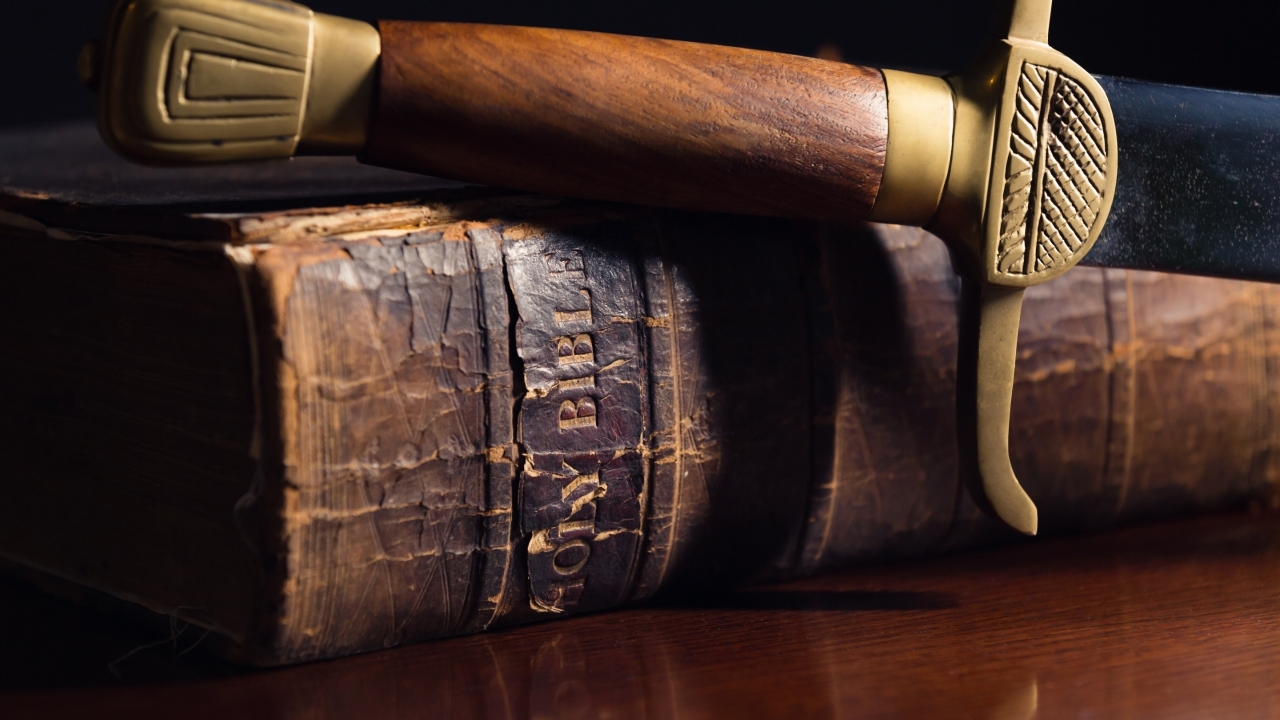shepherdsforsale.com
williamewolfe.com
megbasham.com
have charts on them

Christians have gotten it into their heads that debates, arguments, and theological tussles are unworthy of the redeemed. After all, a servant of the Lord ‘must not be quarrelsome’.
Indeed, believers shouldn't embody the character of Scrappy Doo. Remember Scrappy? Most of you are too young. He was Scooby Doo's feisty nephew, always ready to fight over any and every minor issue. He cared less about the substance and more about proving he was tough. Christians shouldn't be that way.
However, a willingness to engage in theological battle shouldn't be equated with quarrelsome chest-thumping.
Scripture repeatedly calls Christians to the battlefield. Jesus confronted the theological lies of Satan, the Pharisees, and the Sadducees. Paul not only challenged the distortions of the Judaizers but also rebuked the Apostle Peter. We should not forget that Jude urges us to contend for the faith. Consider how Paul described his ministry:
"We demolish arguments and every pretension that sets itself up against the knowledge of God, and we take captive every thought to make it obedient to Christ." (2 Corinthians 10:5)
Christians are called to be fighters—we shouldn't be like Scrappy Doo. We need to stay in the fight. Sitting on the sidelines keeps believers weak and immature.
In Analysis of the Institutes, Ford Lewis Battles lists four factors key to the development of John Calvin's Institutes. The fourth factor is particularly relevant here. Battles explains:
Calvin's opponents, as much as his friends, may be singled out as a fourth factor in the growth of the book. From Pierre Caroli, who unsuccessfully challenged Calvin's Trinitarian orthodoxy, to Michael Servetus, who endeavored to destroy the doctrine of the Trinity and break the living bond between the Old and New Testaments, the stimulation of often acrimonious debate deepened Calvin's theology in a positive way. As he threaded his way through the maze of conflicting Eucharistic positions, Calvin's perceptive response to his adversaries gave an ever deeper root to a position already correctly intuited in 1536. There is not a page of the Institutes where the ongoing debate with one worthy or another is not evident.
Debates, when fought for the Lord, result in a deeper and more mature faith. So don’t lay aside your character, but do pick up your swords.